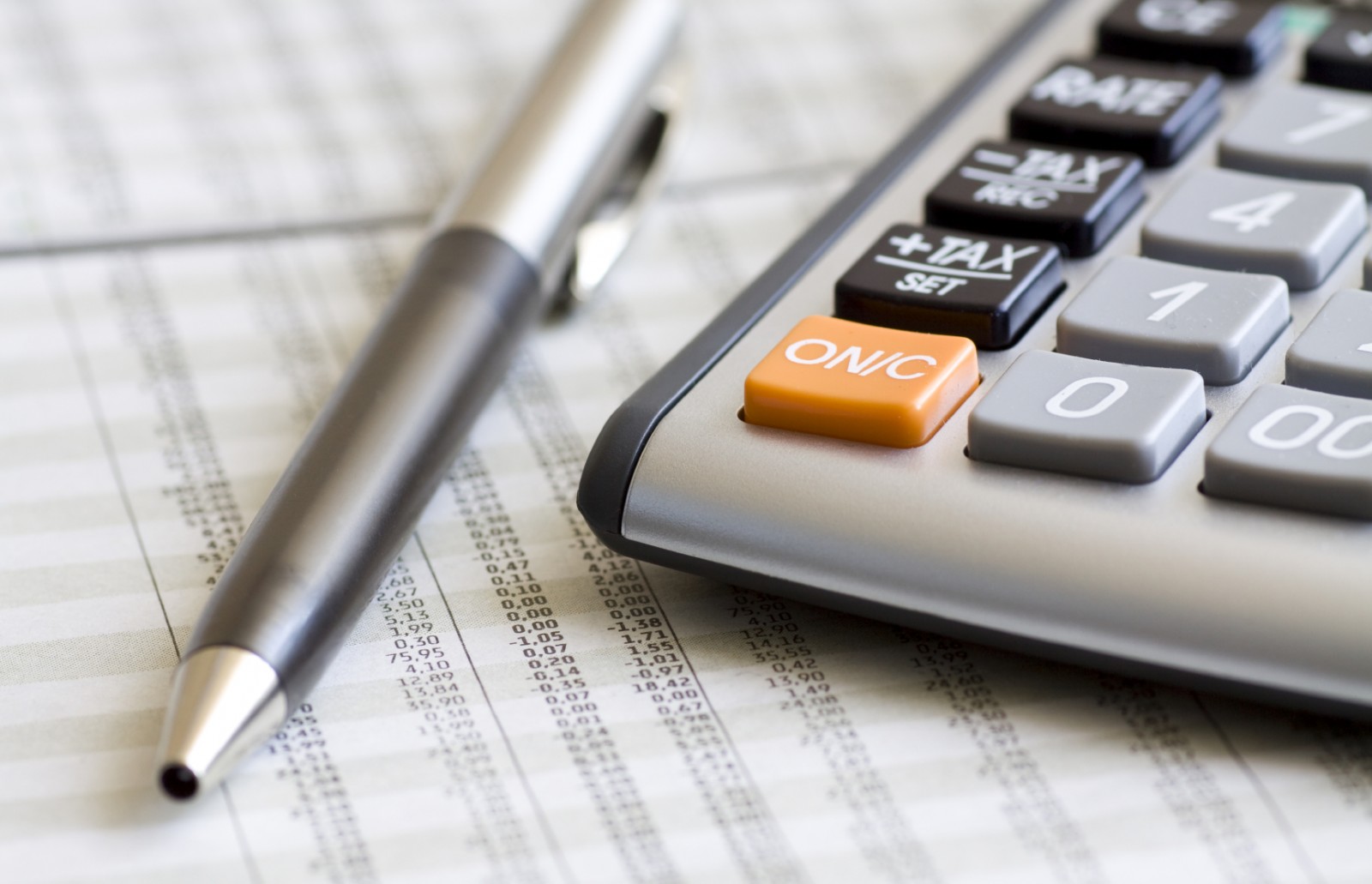Home » Uncategorised »
Could You Save Money by Overpaying Your Mortgage?
This article is an external press release originally published on the Landlord News website, which has now been migrated to the Just Landlords blog.

If 2015 is the year you want to review your mortgage, and you have some spare income coming in, then you could consider overpaying.
The Money Advice Service has compiled some simple tips to ensure you are making the right choice.
Overpaying can be a good option
If you overpay your mortgage, you could make big savings on your interest, and possibly cut years from your mortgage term.
For example, if you have a repayment mortgage of £150,000 that is being paid back over 25 years with 4.75% interest, your current mortgage payments would be £855.17 per month.
However, if you pay another £150 a month, your mortgage will drop from 25 years to 18 years and ten months. The mortgage term will be cut by six years and two months, and you would save over £29,000 on interest payments.
To work out if this is a good idea for you, you should note your outgoings and income, and see if you can afford extra payments, or even a lump sum.
If this would be possible, then you should speak to your lender.
If your interest is charged daily, then the sooner you make the additional payments, the better. If it is charged annually, then it is advisable that you make your overpayment at a time when it will count towards the interest for the year.
Some mortgages have a limit on the amount you can overpay, so make sure you are aware if this is the case, as you could have to pay a penalty charge.
Other debts
Sometimes, extra money is better spent elsewhere, or kept safe for unexpected expenses. It is crucial to consider other debts before addressing your mortgage. If you owe money on a credit or store card, or have a personal loan, these should be paid off before you make additional payments on your mortgage.
This is due to lower interest rates on mortgages than other debts.
It is also a good idea to put some money aside. The Money Advice Service suggest saving enough so that you could live off it for three months, if needs be.
Interest rate increases
If you have a variable rate mortgage, you should work out what result an interest rate rise would have on your monthly payments, and save some money in case this happens.
If you are repaying a mortgage at 3% Annual Percentage Rate (APR) variable, you should ask if you could still make repayments if the rate is changed to 6% APR.
If you would be unable to keep up payments, then you should consider a fixed rate mortgage deal.
Calculate your repayments
The Money Advice Service has created a calculator that will determine how interest rates will affect your mortgage. Work out how much you would pay every month; the exact figure would depend on your mortgage type and the lender.
If you already have a mortgage and want to see how interest rate increases will affect your payments, then enter how much money you have left to pay, and put nothing in the deposit box. The calculator can be found here.




